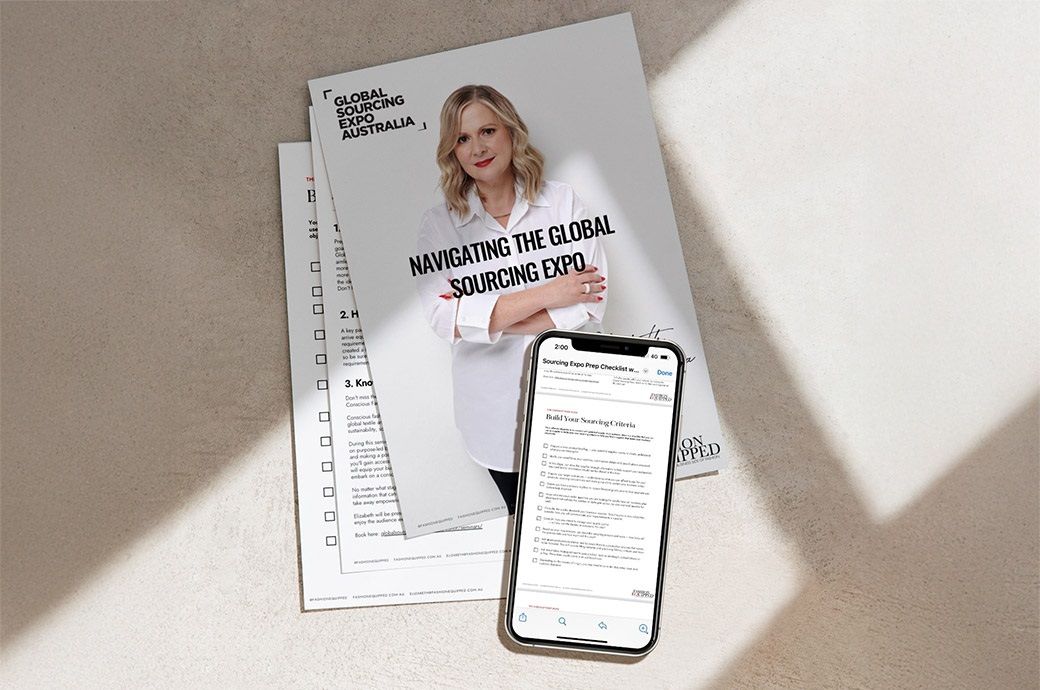Mali - Level 4: Do Not Travel

There were no change to the advisory level. The “unrest” and “health” risk indicators were added. Advisory summary was updated to reflect changes to U.S. embassy operations.
Do Not Travel to Mali for any reason due to crime, terrorism, kidnapping, Unrest and Health.
Advisory summary
On October 24, 2025, the Department of State authorized non-emergency personnel and family members of U.S. government employees to leave Mali due to safety risks. The U.S. government cannot offer routine or emergency services to U.S. citizens outside of Bamako due to safety risks. Do not travel to Mali for any reason.
U.S. government employee travel restrictions
- U.S. government employees working in Mali are not allowed to travel outside of Bamako due to safety risks.
U.S. citizens in Mali are advised to take the same precautions.
Crime
Violent crime is common throughout Mali. Crimes include kidnapping, assault, armed robbery, home invasion, and carjacking.
Violent crime is a major concern in Bamako especially during local holidays and seasonal events.
- Roadblocks, including by armed groups, occur throughout the country.
- In cities, police checkpoints are possible, especially at night.
- Highways across the country often face attacks on government, civilian, and commercial targets.
Terrorism
There is risk of terrorist violence, including terrorist attacks and other activity in Mali. Visit the U.S. Department of State's country reports on terrorism to learn more.
Terrorist and armed groups target foreigners to kidnap for ransom.
Terrorists may attack without warning:
- Spots frequented by foreigners anywhere in the country
- Night clubs
- Hotels
- Restaurants
- Places of worship
- International diplomatic missions
- Local security forces and civilians
Armed Conflict
Armed conflict between the Malian government and armed groups is common throughout Mali. Many terrorist and separatist armed groups are active throughout the country. These groups may plan and carry out deadly attacks against Malian government and military facilities, including in and around Bamako. Conflict between these groups often results in civilian casualties.
Air Travel
The Federal Aviation Administration (FAA) has issued a Notice to Airmen (NOTAM) and/or a Special Federal Aviation Regulation (SFAR). This is due to risks to civil aviation operating within or nearby Mali. For more information U.S. citizens should consult the Federal Aviation Administration’s Prohibitions, Restrictions and Notices.
Health
- Medical services for routine and emergency procedures are limited. Health facilities are available in major cities. It may be harder to find adequate health care in rural areas.
- Public medical clinics lack basic resources and supplies.
- Patients must cover all costs for transferring to or between hospitals.
- Psychological and psychiatric services are limited, even in larger cities.
- Hospital-based care is only available through government institutions.
Read the Health section of the Travel Guidance on this page for more information.
For U.S. citizens in Mali:
- The Department of State urges U.S. citizens not to travel to Mali.
- Have a plan to leave in an emergency that does not depend on U.S. government help. Review our information on Crisis and Evacuations.
- Establish your own personal security plan in coordination with your employer or host organization. Consider consulting with a professional security organization.
- Enroll in the Smart Traveler Enrollment Program (STEP) to get important updates and alerts from the U.S. embassy. Enrolling helps the U.S. embassy contact you or your emergency contact in an emergency.
- Review the Overseas Security Advisory Council OSAC Country Security Report for Mali.
- Monitor local media for breaking news. Be prepared to adjust your plans.
- Draft a will. Designate appropriate insurance beneficiaries or draft a power of attorney.
- Discuss a plan with loved ones regarding care or custody of children, pets, property, belongings, non-liquid assets (collections, artwork, etc.), funeral wishes, etc.
- Share important documents, login information, and points of contact with loved ones. This helps them manage your affairs if you cannot return to the United States.
- Develop a communication plan with family, your employer, or host organization. This helps them monitor your safety and location as you travel through high-risk areas. Specify how you'll confirm you're safe (text, calls, etc.), how often, and who you'll contact first to share the information.
- Identify key sources of possible help for you and your family in case of emergency, such as the local U.S. embassy or consulate, FBI, the State Department, your employer (if traveling on business), and local friends or family in the high-risk area.
- Choose one family member to serve as the point of contact. If you are kidnapped or taken hostage, that person can communicate with kidnappers or hostage-takers, media, U.S. or foreign government agencies, and members of Congress.
- Establish a proof of life protocol with your loved ones. If you are taken hostage, your loved ones will know specific questions (and answers) to ask the hostage-takers to confirm that you are being held captive and alive.
- Leave DNA samples with your medical provider in case it is necessary for your family to access them for identification purposes.
- Use all available safety measures in your home or hotel, always including locking doors and windows, and setting the alarm.
- If asked to stop by police, stop only in well-lit areas or places where several officers are posted.
- Before you travel, delete any sensitive photos, comments, or content that might be seen as controversial or inappropriate in your destination. Do this for your social media accounts, cameras, laptops, phones, and other accounts and devices.
- Leave your expensive or sentimental belongings behind.
- Refer to our list of medical providers.
- Make sure your insurance includes medical evacuation coverage.
- Check with your doctor about required vaccines and shots for high-risk exposure before you go to Mali.
- We highly recommend that you buy travel insurance before you travel. Check with your travel insurance provider about evacuation assistance, medical insurance, and trip cancelation coverage.
- Visit the CDC page for the latest Travel Health Information related to your travel.
- Review our information on Travel to High-Risk Areas, Crime Abroad, Victims of Crime, Terrorism, Travel to High-Risk Areas, and U.S. Citizens Missing Abroad.
What's Your Reaction?
 Like
0
Like
0
 Dislike
0
Dislike
0
 Love
0
Love
0
 Funny
0
Funny
0
 Angry
0
Angry
0
 Sad
0
Sad
0
 Wow
0
Wow
0





























































